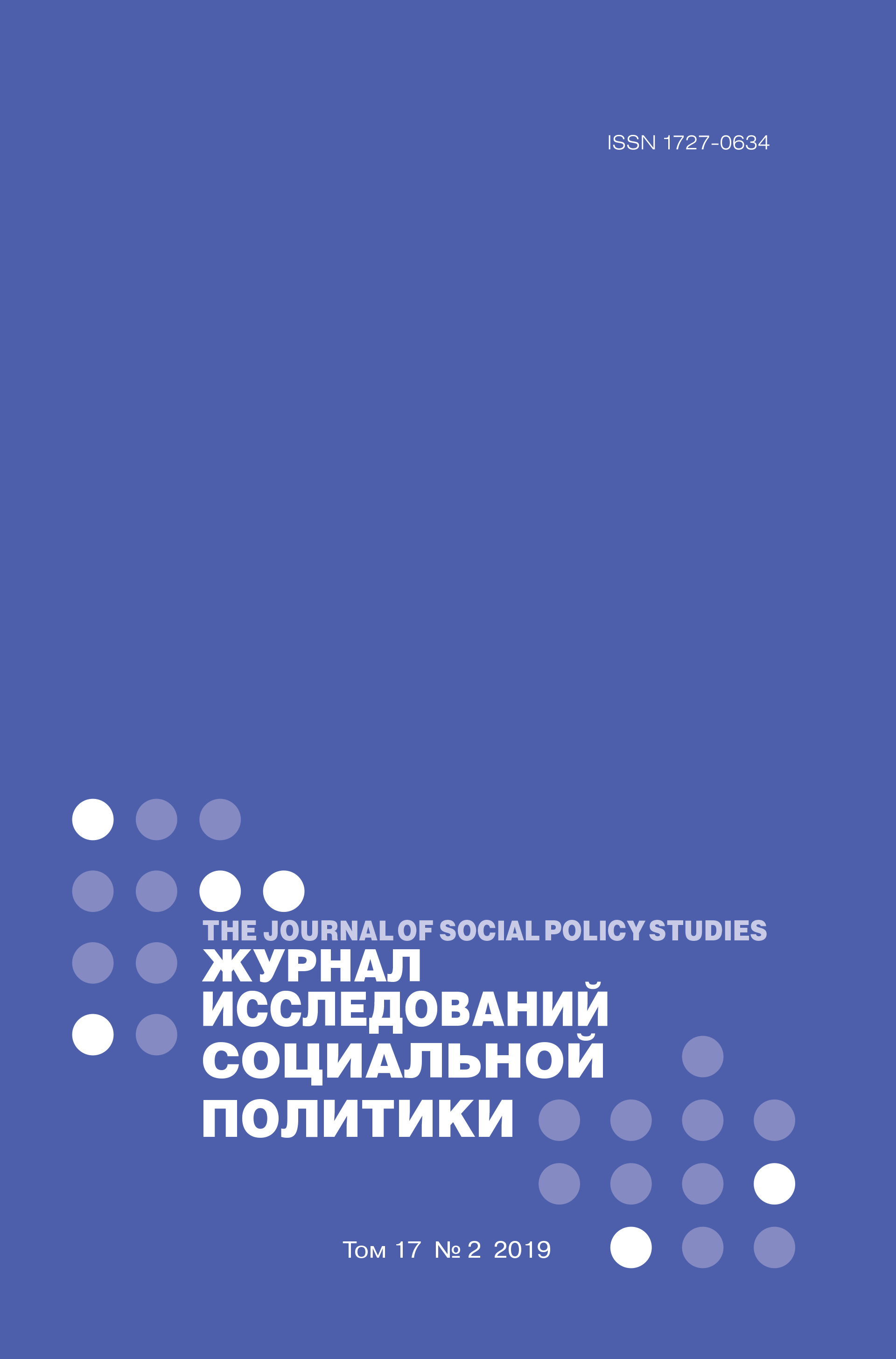Factors Associated with Early Initiation into Prostitution: Results of Empirical Study of Adult Female Sex Workers
Abstract
Prostitution is usually regarded as a deviation, as a job or as the sexual exploitation of women. However, the prostitution of minors is mostly referred to as only a form of sexual abuse and exploitation. The article is based on the materials of an empirical study of adult women involved in prostitution in St. Petersburg and Orenburg (n = 654). It analyses the social factors and circumstances of the involvement of women into prostitution among those of them who enter prostitution at the age of 18 years and older and women who enter prostitution under the age of 18. Assessing the impact of social factors and circumstances of the involvement of women into prostitution on the age of involvement in prostitution was estimated with the Pearson χ2 test and binary logistic regression analysis. One in ten women in the sample became engaged in prostitution before the age of 18. In half of the cases, both groups of women reported that the first exchange of money for sex was involuntary (because of persuasion, pressure, or the use of force). Beginning prostitution before the age of eighteen was associated with family disadvantage and early age of first drug use. Life trajectories that lead to the prostitution of children and adults can vary significantly. A rigid theoretical position, based on the generalization of all women engaged in prostitution, as victims, deviants or workers, inevitably ignores the needs and interests of some of them. Discussions about social policies in relation to prostitution should include the issues of prevention of involvement, as well as assistance during the 'exit' from prostitution.















